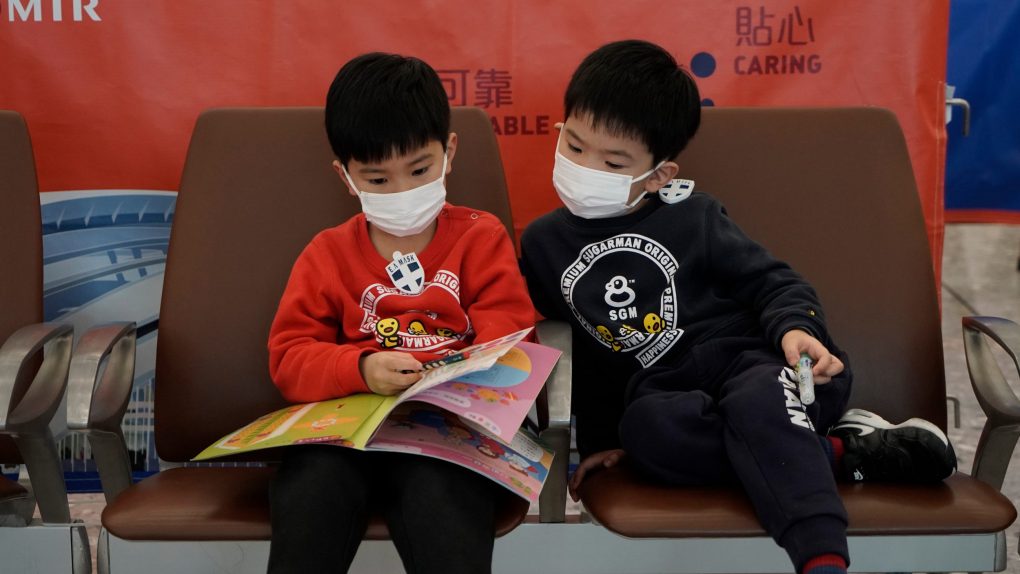The coronavirus outbreak is far from being contained with the official number of cases sitting at 4,474, a dramatic increase over Monday’s count. The death toll reached 107, although the good news is that more patients fully recovered. Researchers from Hong Kong said their models show the real number of infected people is in the tens of thousands, significantly higher than the number of confirmed cases. China is putting a massive effort to curb the spread of the virus, but 2019-nCoV has reached other continents, with cases being reported in the US, Japan, Korea, Australia, France, German, and other Asian countries.
Wuhan is still closed off, and people are advised not to travel near the area. Schools and universities nationwide are not to resume activities, and transportation in China has been restricted — Hong Kong announced plans to cut transportation to mainland China, per BBC. A prolonged shutdown of cities and activities in China, which supplies many of the world’s goods, including high-end electronics like the iPhone, might hinder product launches in the near future.
Several new products are expected to be unveiled in the coming weeks, starting with the Galaxy S20 and Galaxy Z Flip phones in early February, and the new PlayStation 5 later that month. In late February, the world’s most important smartphone makers will meet in Barcelona, Spain, to unveil a new generation of smartphones, tablets, and computers. Many vendors will come from China for the event, and many of those devices will be manufactured in the region. Then, in March, Huawei is expected to launch the P40 Pro series at an event in Paris, with the phone set to launch first in China. Apple is widely expected to launch in March the iPhone 9, also known as the iPhone SE2, a device that should hit stores soon after the official launch.
The coronavirus might impact in one way or another all of these products, assuming cities will remain locked down as authorities work on a vaccine. According to Bloomberg, Apple is expected to start iPhone 9 production in February, and production could be impacted by the outbreak.
The main iPhone assemblers are Foxconn and Pegatron, both located more than 500 kilometers from the Wuhan region, but distance alone won’t ensure the virus won’t spread.
“Supply chain disruption is a worry if employees across Foxconn and other component manufacturing hubs in China are restricted,” Wedbush Securities analyst Dan Ives told Bloomberg. “If the China outbreak becomes more spread, it could negatively impact the supply chain, which would be a major investor worry.”
Foxconn, the world’s largest electronics manufacturer, said it’s monitoring the situation and following all recommended health practices. The company added that it has measures in place to ensure that it can continue manufacturing products.
A person familiar with Apple’s supply chain said the company is prepared for extreme scenarios, and has significant components dual-sourced, in terms of vendors and geography. Therefore, an immediate impact on Apple’s iPhone production isn’t expected.
The coronavirus is already expected to impact the world’s economy this year, not just China, The Washington Post explains. Extending holidays and banning travel will have immediate negative effects on Asian countries and impact the global economy. The Dow Jones industrial average dropped 1.6% on Monday, while South Korea’s and Japan’s stock markets too similar plunges, at 3% and 2.5%, respectively, as investors brace for the coronavirus’s effects. China’s markets remain closed for the holidays.








